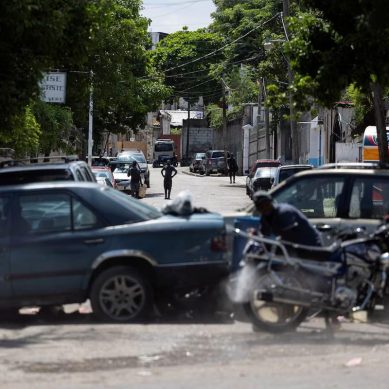
UEFA and FIFA contravened EU law when they prevented the formation of a so-called Super League, the European Court of Justice said on Thursday, in a landmark judgment that could change the way soccer is governed.
The European soccer clubs that had threatened to form the breakaway league, which sparked widespread protests among angry fans, had been threatened with sanctions by UEFA.
In its ruling the EU’s top court said that FIFA and UEFA abused their dominant position by forbidding clubs to compete in a European Super League (ESL), although that project may still not be approved as the court did not rule on it specifically.
Sports development company A22, which was formed to assist creating the ESL, had claimed UEFA and global soccer governing body FIFA held a monopoly position which was in breach of the European Union’s Competition and Free Movement Law.
“We have won the right to compete. The UEFA-monopoly is over. Football is free,” said A22 CEO Bernd Reichart.
“Clubs are now free from the threat of sanction and free to determine their own futures,” Reichard added in a statement.
The ruling came as the International Skating Union lost its bid to overturn an EU antitrust order that it stop penalising speed skaters for taking part in new money-spinning events. Belgian soccer club Royal Antwerp had also challenged UEFA’s rules on homegrown players, which the court said could be contrary to EU law.
The court’s ruling said FIFA and UEFA must “comply with the competition rules and respect the freedoms of movement”.
“Their rules on approval, control and sanctions must be held to be unjustified restrictions on the freedom to provide services,” it added.
“That does not mean that a competition such as the Super League project must necessarily be approved. The Court, having been asked generally about the FIFA and UEFA rules, does not rule on that specific project in its judgment,” it concluded.
- A Reuters report











